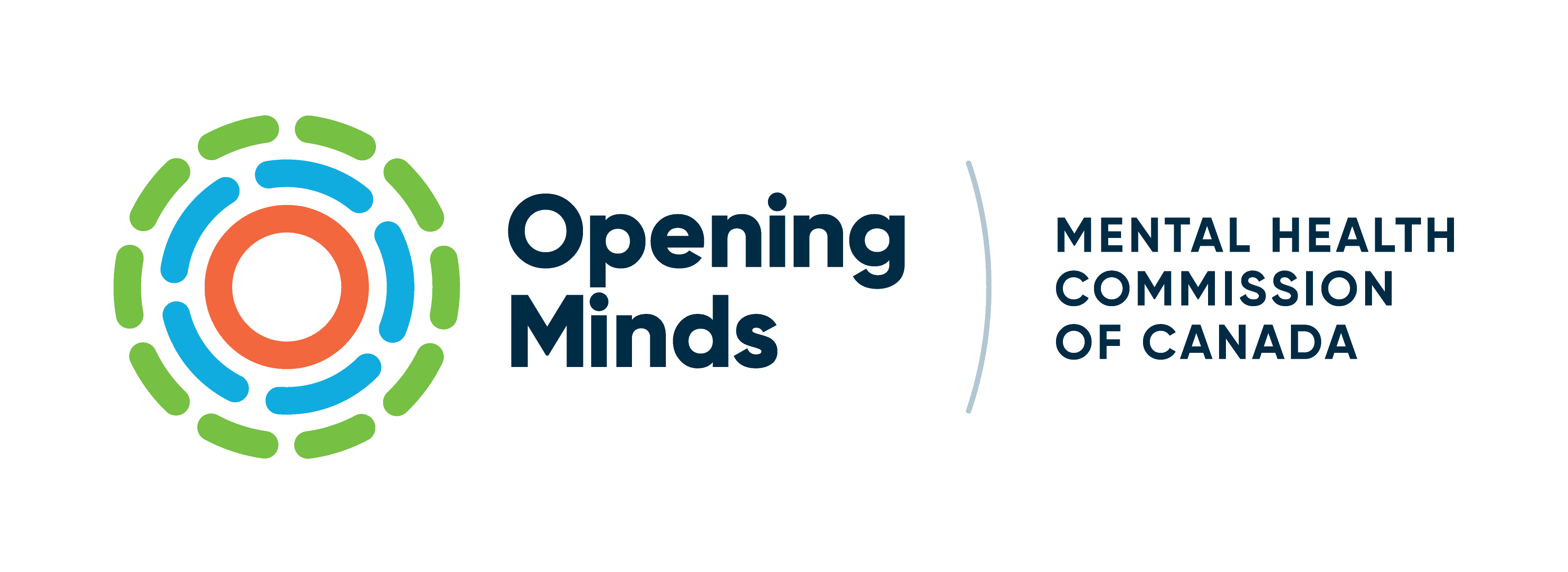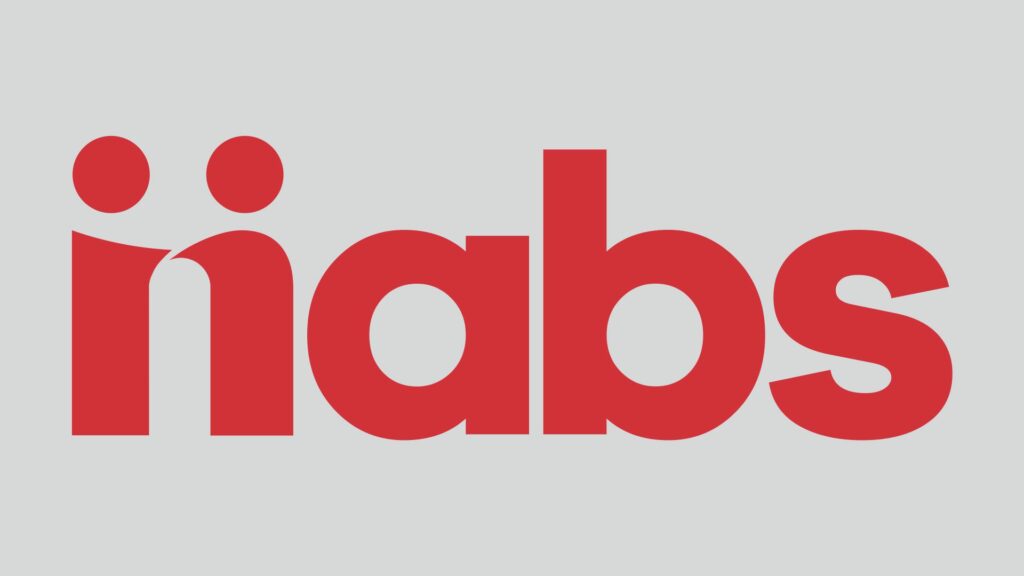Founded in 1983 in Canada, nabs is a unique charity specifically designed to support the health and well-being of all individuals in the media, marketing, and communications industry in Canada.
Case Study Highlights
Started Mental Health First Aid Training: 2020
Leaders Trained So Far: 294
nabs is a registered charity, entirely funded through the generosity of its donors and media partners.
Mental Health in the Workplace
The ongoing crises precipitated by the COVID-19 pandemic made existing challenges in the already stressful advertising and communications industry even more acute.
As a leader in the industry for almost 40 years, nabs recognized that improved mental health literacy was key to developing a solid foundation of well-being within its community.
Like many organizations, nabs had to respond quickly to the pandemic and ensure that support and programs were in place and easily accessible. It focused on three main pillars: mental well-being, financial counselling, and career strategy and support.
“Recognizing the impact that the pandemic had on people’s mental health, we saw an opportunity where we can provide mental health leadership by providing tools and a solid mental health foundation for the industry,” said Louise Berube, Director, Allocations & Services at nabs. “In assuming a leadership role and guiding our industry, there has been a positive shift for us in terms of awareness, fundraising and appreciation.”
Why We Train Our Leaders in Mental Health First Aid
In November 2020, nabs launched their strategy to offer Mental Health First Aid Training (MHFA) and certification to their HR team, leaders, and peers across Canada.
MHFA is a program developed by the Mental Health Commission of Canada that provides participants with the skills and tools they need to help a person who is developing a mental health problem, experiencing a mental health crisis or a worsening of their mental health.
“We train people in CPR, first aid and health and safety, so why not mental health?” Berube asked.
“MHFA training and certification is quickly becoming an integral part of our industry’s health and safety rigor,” she continued.
Following training and certification, the nabs team debriefed their participants to gather feedback and further solidify participants’ learning. Additionally, nabs has built an online resource library and toolkit on their website to allow people trained in MHFA to quickly access the resources, best practices and tools to help them to support others and prepare for conversations about mental health.
“We’re doing additional classes in two months, and I have agencies wanting to sign up 60 people,” she explained. “nabs was recently awarded $15,000 from Bell Let’s Talk Community Fund, which allows us to offer more training and expand our capacity across Canada. I don’t think it would be a stretch to say that we’ll have 500 leaders trained by the end of this year, if the pace and interest in MHFA continues, which is a remarkable milestone.”
On top of their MHFA training, nabs offers free and confidential access to several mental health programs and services for people and families in its community, including:
- A dedicated Supportline where people and families can access professional counselling.
- AbilitiCBT – internet-based cognitive behavioral therapy (CBT) for conditions not best served by regular Employee Assistance Program (EAP) counselling, which is meant to be short term.
- Togetherall, which provides a clinically monitored, online, and anonymous peer-to-peer mental health community that empowers individuals to seek and provide safe and confidential support, 24/7.
- LifeSpeak, which is the premier health and wellness platform that provides expert education and advice on issues that affect people’s everyday lives; it’s essentially a reference library for “life,” offering videos, blogs, podcasts, tip sheets, assessment tools – all easily searchable on any device.
- ALAViDA, which is a modern approach to alcohol and substance use. ALAViDA offers confidential, specialized programs that include medical doctors, therapists, daily tracking, and iCBT, all delivered virtually through the ALAViDA TRAiL platform.
“I love it because people are talking openly about their mental health, and through MHFA training we now have a network of people that can help one another,” said Berube. “Now we are at the forefront and are a trusted partner to help people develop effective responses and remind them of some of the teachings from the Mental Health First Aid program and how to apply them to a specific situation.”
Results and Feedback
“[MHFA] really changed and shifted the landscape for nabs in a very positive way,” Berube said. “It’s allowing us to build this new way of thinking and imbed proper training deep within organizations and across the country.”
Berube noted that after introducing MHFA to clients and community members, interest from agencies in Atlantic Canada sparked, resulting in a new initiative to extend their services to St. John’s and Halifax.
“Having trained almost 300 Mental Health First Aiders across Canada is significant because there are now frontline MHFAers that can support colleagues in times of need and to feel more confident doing so,” she explained.
Those working in the media, marketing, and communications professions face unique challenges when it comes to stress within their work. Throughout the pandemic, many agencies had to re-imagine the way they market and communicate with customers – which at times meant doing more for clients in the hope of retaining business. It can also be stressful to bring products to market with demanding clients. All of this combined with a worldwide pandemic resulted in a heightened need to check on each other, as Berube explains:
“I believe the more people we can train, the more these conversations are going to happen, and the average employee can say, ‘These hours are not sustainable, and the heavy workload is impacting my mental health and family life, and we need to do better as an organization.”
Berube noted that many employers in this industry have implemented new policies and guidelines to help employee teams manage work-life balance. Moreover, a number of leaders in this industry have shared their own mental health struggles and the steps they take to manage their own unique circumstances.
Berube shared that what she hears most from participants during her end-of-training debriefs is the importance of “self-care.” “Self-care is critical because you could be helping so many people, but not if you’re not taking care of yourself,” she stated. “The statistics say that with every person you help, you impact around three people in their circle. The reverse is also true because if that person doesn’t get help, they might be impacting people around them in a negative way.”
What the Future Holds
nabs stated they are planning to expand their mental health support with the goal of training over 500 additional leaders in MHFA as well as introducing the upcoming MHFA boosters to community members who have already taken the course, to refresh their skills and recall of course materials.
“I believe another emerging area will be in providing customized support to the people in our industry who are in diversity, equity, and inclusion roles to ensure that the necessary mental health supports are in place to assist these practitioners doing emotionally difficult work – and I am having conversations with a number of people in our industry to better understand their unique needs,” Berube noted.
As they look ahead to a “post-pandemic” return to the workplace – or a continued work-from-home or hybrid model – nabs anticipates there will be unique mental health impacts on employees that will require different types of support to address the profound trauma-like symptoms the pandemic has had on so many people.
“It is nabs’ fervent hope that we’ve been a beacon of light during these very dark and anxious times, and that we will emerge stronger and more resilient as a community in 2022. We hope we can celebrate how we worked together to come through a historic, unprecedented pandemic,” shared Berube.


